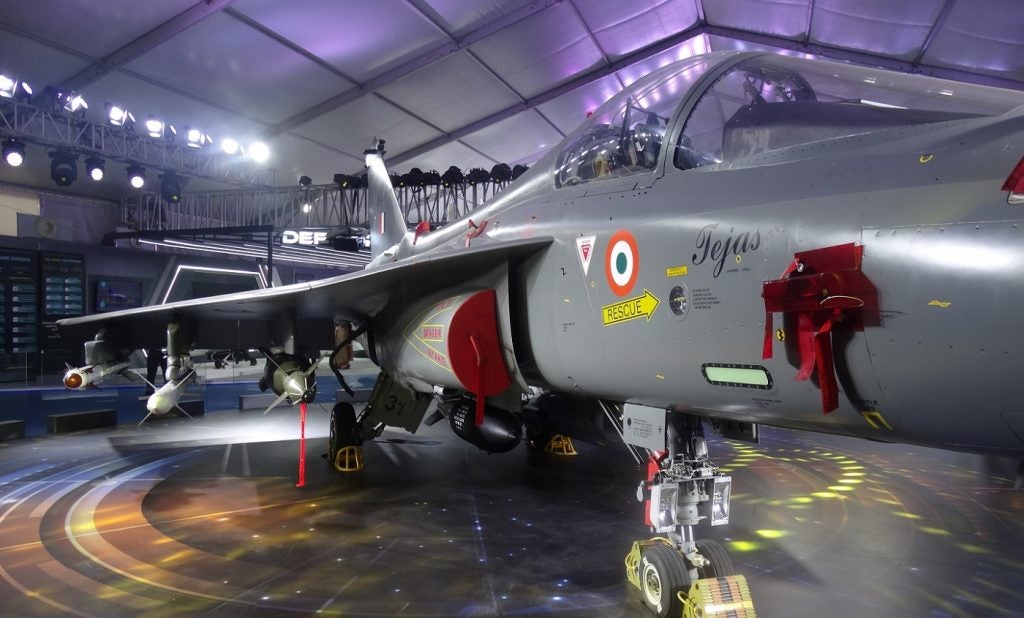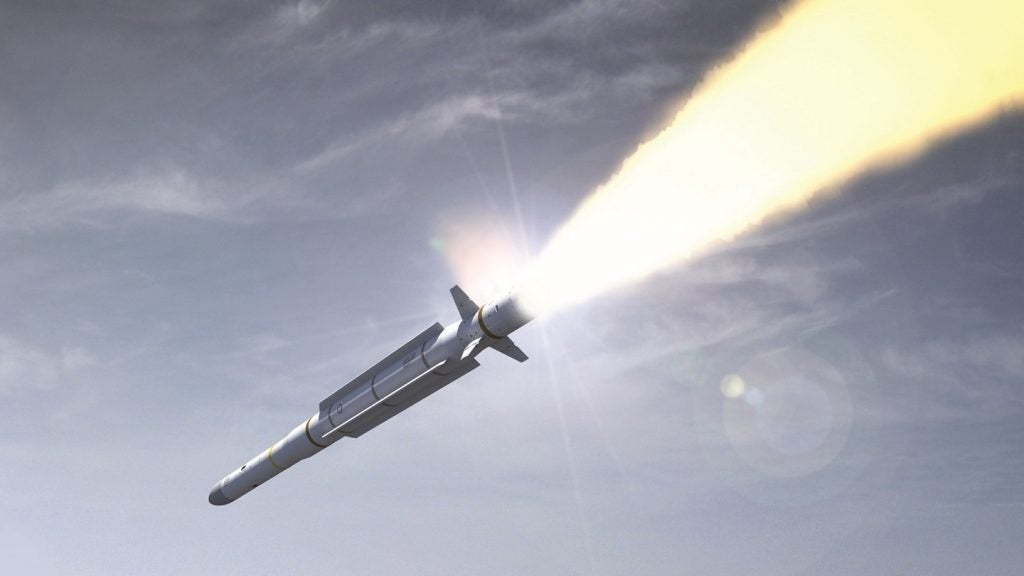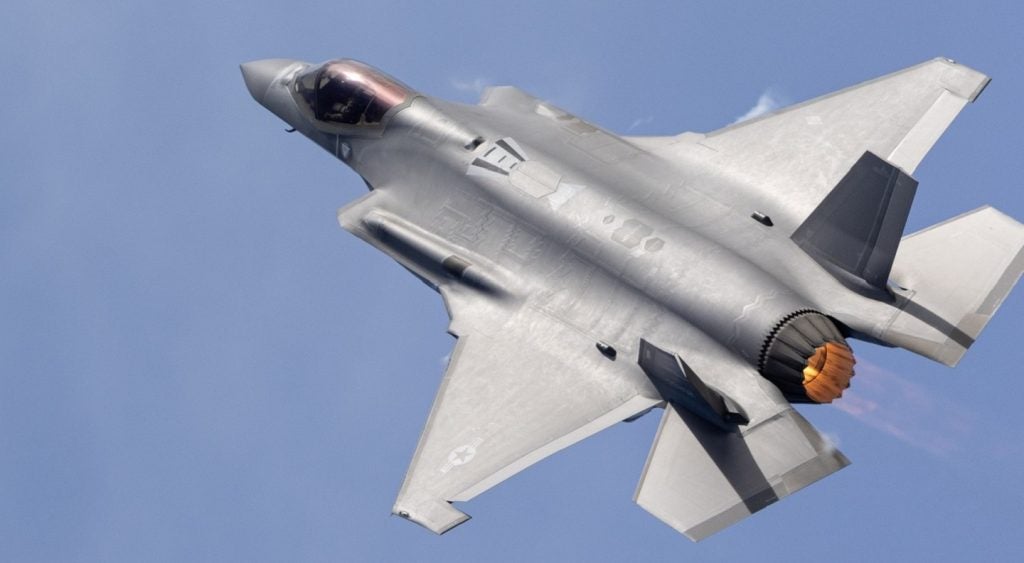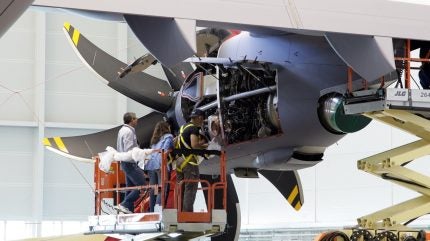
Europe’s defence programme overseer the Organisation for Joint Armament Co-operation (OCCAR) has signed a contract that will implement changes intended to overcome issues with the TP400-D6 turboprop engine, which powers the A400M transportation aircraft.
It was signed in Madrid, Spain, by OCCAR’s director of the executive administration Joachim Sucker, on behalf of the nations that operate the aircraft – Belgium, France, Germany, Spain, Turkey and the UK – and the programme’s industrial stakeholders: Europrop International, Safran Aircraft Engine SAS, MTU Aero Engines AG, Rolls-Royce Deutschland Ltd and ITP SAU.
Due to last for the next five years, this ‘Engine Support Step 2’ contract strikes a balance between participating nations and industry. The programme will now implement “new services” put forward by the participating states and reduce the operating cost of ownership, while also enabling the “industry to secure its investments to the benefit of the TP400″.
New services
Under the new agreement, the industry has made commitments to enhance the performance of ‘ML3 services’, which refers to the supplier’s responsibility for repairing modules and line-replaceable units at their own facilities.
In doing so, the industry aims to enhance operational availability, increase transparency in reporting and reduce costs through repair development.
New services also include the analysis and storage of removed parts for potential future use, working parties at lower maintenance levels, strategic fleet management to provide recommendations at the tactical level and service to provide stock recommendations based on supplier fleet-wide modelling.
How well do you really know your competitors?
Access the most comprehensive Company Profiles on the market, powered by GlobalData. Save hours of research. Gain competitive edge.

Thank you!
Your download email will arrive shortly
Not ready to buy yet? Download a free sample
We are confident about the unique quality of our Company Profiles. However, we want you to make the most beneficial decision for your business, so we offer a free sample that you can download by submitting the below form
By GlobalDataTP400 engine
Airbus, the original equipment manufacturer of the A400M, selected the three-shaft TP400-D6 turboprop engine manufactured by EuroProp International in May 2003.
Europrop is a consortium formed by Rolls-Royce (UK, Germany), ITP (Spain), MTU (Germany) and Snecma (France). Rolls-Royce is responsible for the overall integration.
Each of the four engines has a maximum output of more than 11,000 shaft horsepower. Europrop states that they are the largest turboprops ever made in the West. The engines are fitted with FADEC (full authority digital engine control), supplied by BAE Systems and Hispano-Suiza.
The turboprop arrangement has two turbofans on either side of the fuselage. The counter-rotation of the fans creates a symmetrical airflow over the wing to improve the lift capacity, handling, and stability. Additionally, it reduces the structural weight of the wing and minimises the adverse yaw in the event of an engine failure.
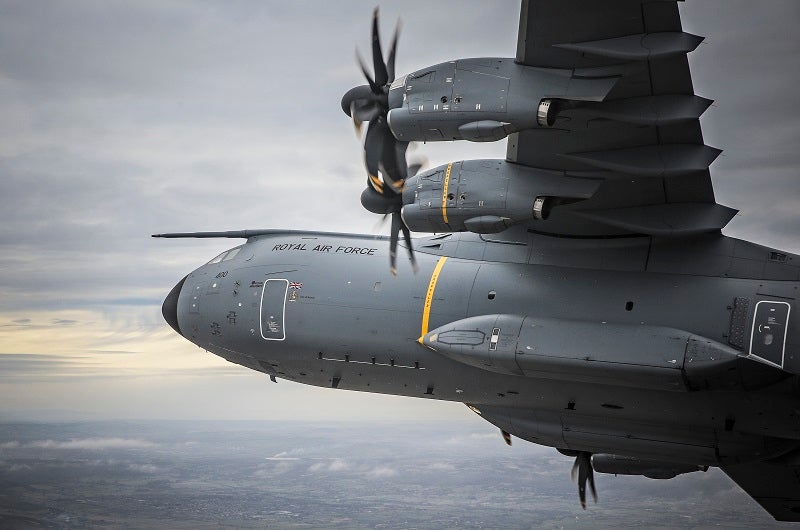
Enduring problems in the Royal Air Force
For all the virtues of a common procurement arrangement under OCCAR, which includes the strategic sharing of supplies, the TP-400 engine has still encountered numerous problems.
In July 2019, the UK Ministry of Defence stipulated that “problems have been seen on combustion chambers on early versions of the TP-400 degrading at a faster rate than expected; these are currently being replaced with an improved design”.
In a UK Defence Committee hearing in November 2022, it was found that issues persisted with the aircraft’s gearbox and other engine components, which resulted in much lower availability rates for the platform than originally envisaged.
To remedy this for the Royal Air Force, Airbus introduced a ‘Mod Pack 2’ to the fleet, with all aircraft listed as first-line having been modified.
It is unclear by what range availability rates differ among UK A400Ms from those that have been fitted with Mod Pack 2 and non-first line platforms that were awaiting such rectification work, nor a timescale required to update the original aircraft.



